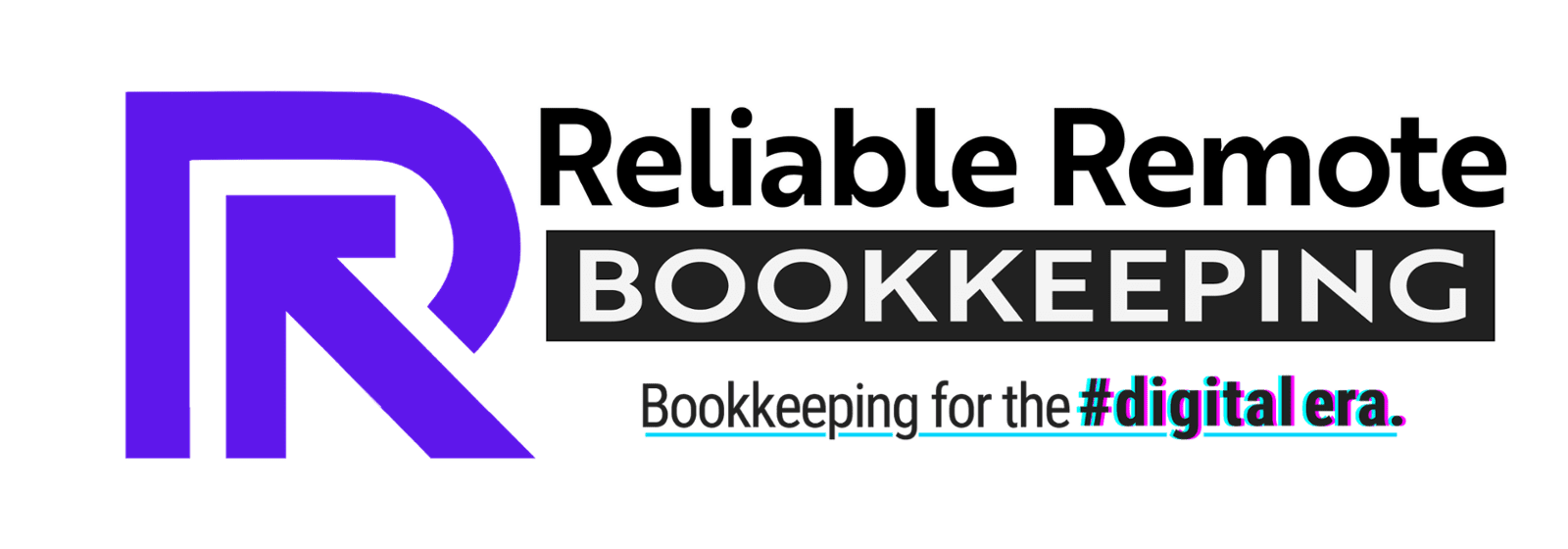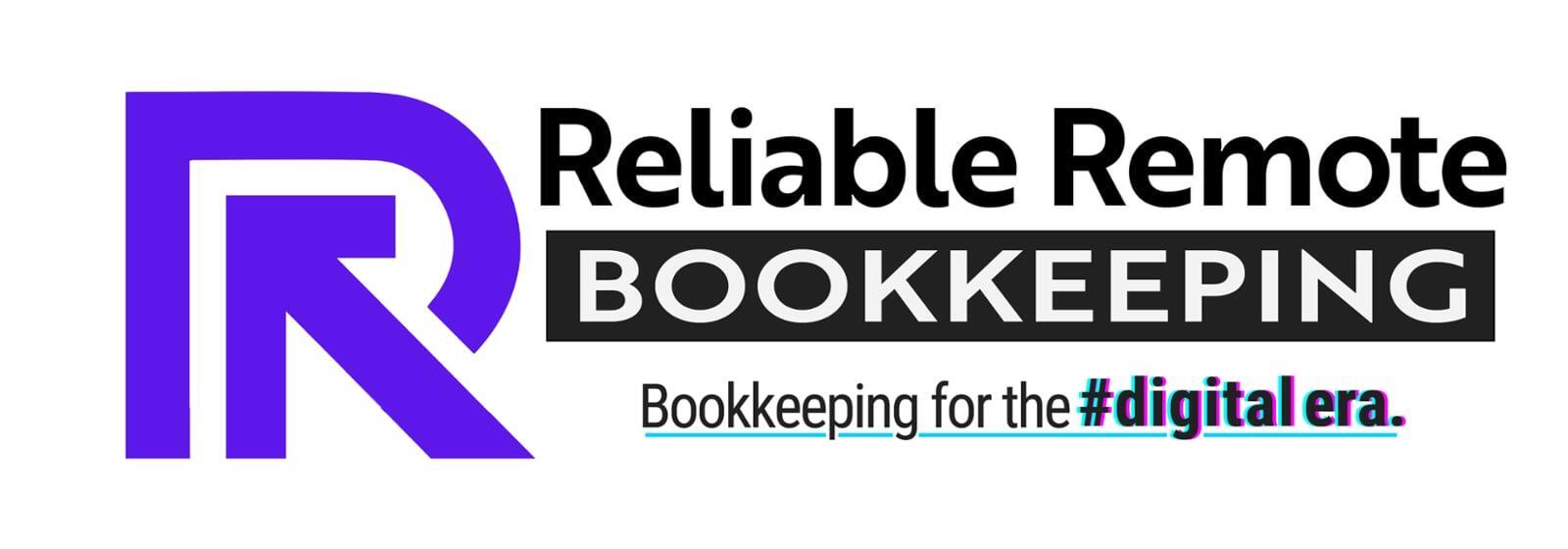Why Budgeting Matters for Small Businesses
Ensuring Resource Availability
As a small business owner, you know that every dollar counts. That's why budgeting is crucial - it helps ensure you have the resources you need when you need them. By planning your finances in advance, you can determine which areas of your business require more funding and allocate accordingly. This proactive approach prevents cash flow crises and keeps your operations running smoothly.
Making Informed Decisions
With a solid budget in place, you're equipped to make smarter choices for your business. It's like having a financial roadmap that guides you through the fiscal year. According to experts, budgeting helps you estimate income and expenses, allowing you to make sound financial decisions. Whether it's investing in new equipment or hiring additional staff, your budget provides the clarity you need to move forward confidently.
Reaching Business Goals
Your budget isn't just about tracking expenses - it's a powerful tool for achieving your business objectives. By setting financial goals and monitoring your progress, you can identify areas for improvement and adjust your strategy as needed. This flexibility is crucial in today's fast-paced business environment, allowing you to pivot quickly when unexpected challenges arise.
Remember, effective budgeting is about more than just crunching numbers. It's about creating a financial plan that aligns with your business vision and sets you up for long-term success. So don't fear the budget - embrace it as your secret weapon for small business growth!
Building a Simple Budgeting System from Scratch
Ready to take control of your small business finances? Let's dive into creating a budgeting system that won't give you a headache. With a few simple steps, you'll be on your way to financial clarity.
Start with the Basics
First things first, list out all your revenue streams. This includes every penny that comes into your business. Next, jot down your expenses. Don't forget to include both fixed costs (like rent) and variable expenses (such as inventory).
Crunch the Numbers
Now, it's time to play with the figures. Estimate your revenue based on historical data and set realistic goals. Then, allocate your funds to different expense categories. Remember to leave some wiggle room for unexpected costs.
Make It a Habit
Creating a budget is just the beginning. The real magic happens when you review it regularly. Set aside time each week to check in on your finances. This will help you make informed decisions and stay on track.
Embrace Technology
Don't shy away from using tools to make your life easier. Accounting software can be a game-changer, giving you real-time insights into your financial health. Plus, it makes comparing your budget to actual results a breeze.
Remember, your budget isn't set in stone. It's a living document that should evolve with your business. Stay flexible and don't be afraid to make adjustments as you go. Happy budgeting!
5 Essential Budgeting Tips for Small Business Owners
Separate Personal and Business Finances
As a small business owner, it's crucial to keep your personal and business finances separate. Set up a dedicated business bank account and credit card to maintain clear financial records and avoid potential legal issues down the road.
Create a Comprehensive Budget
List all your income sources and break down your expenses into fixed and variable categories. Don't forget to include all types of expenses - fixed, variable, and one-time costs. It's better to overestimate expenses slightly to give yourself a safety net.
Monitor Cash Flow Closely
Keep a watchful eye on your cash flow by invoicing promptly and negotiating favorable payment terms with suppliers. Consider building a cash reserve for emergencies or exploring options like a line of credit to manage seasonal fluctuations.
Seek Professional Guidance
Don't hesitate to invest in professional financial advice. Accountants, financial advisors, or consultants can help you make informed decisions, minimize tax liabilities, and identify cost-saving opportunities you might have missed.
Review and Update Regularly
Your budget isn't set in stone. Make it a habit to constantly review and revise your budget based on your business's performance and changing market conditions. This flexibility will help you stay on top of your finances and adapt to new challenges.
Leveraging Small Business Accounting Tools for Budgeting
In today's digital era, small business owners have a wealth of accounting tools at their fingertips to streamline budgeting processes and boost financial health. Let's explore how these tools can revolutionize your budgeting approach.
Automated Expense Tracking and Categorization
Say goodbye to manual data entry. Modern accounting software automatically tracks and categorizes your expenses, giving you real-time insights into your spending patterns. This automation not only saves time but also reduces errors, allowing you to make more informed budgeting decisions.
Cash Flow Forecasting and Scenario Planning
Don't just react to financial situations—predict them. Many accounting tools now offer cash flow forecasting and scenario planning features. These allow you to visualize different financial outcomes based on various budget allocations, helping you prepare for multiple future scenarios.
Integration with Other Business Systems
Your accounting software shouldn't exist in a vacuum. Look for tools that integrate with your existing business systems, such as payroll, inventory management, and invoicing. This integration ensures all your financial data is synced, providing a comprehensive view of your business's financial health for more accurate budgeting.
By leveraging these powerful features, you can transform your budgeting process from a tedious chore into a strategic advantage for your small business.
Monitoring and Adjusting Your Small Business Budget
Regular Review and Analysis
Keeping a close eye on your budget is crucial for your small business's financial health. Set up a formal process to compare your actual results against your budget projections monthly. This helps you spot any discrepancies early on. Don't just look at the numbers – dive deeper to understand why variances occurred and if they're likely to continue.
Flexibility is Key
Remember, your budget isn't set in stone. Be prepared to rechart your course when market conditions shift or unexpected expenses pop up. Use your original budget as a compass, but don't be afraid to make adjustments. Consider conducting a mid-year budget review to assess your progress and recalibrate your financial trajectory if needed.
Leverage Technology
Make budgeting easier by using the right tools. Accounting software and spreadsheets can help you record and categorize all income and expenses efficiently. Some programs even offer real-time insights into labor costs when integrated with time and attendance systems. This data can be invaluable for making informed decisions about resource allocation and identifying potential cost-saving opportunities.
Remember, effective budget monitoring isn't just about tracking numbers – it's about using that information to steer your business towards financial success. Stay vigilant, be flexible, and use the tools at your disposal to keep your small business on the right financial track.
Conclusion
As you can see, setting up a simple budgeting system doesn't have to be complicated. By tracking your income and expenses, forecasting cash flow, and regularly reviewing your budget, you'll gain valuable insights to guide your business decisions. Remember, your budget is a living document - don't be afraid to adjust it as needed. The most important thing is to start somewhere and stick with it. With these basic budgeting practices in place, you'll be well on your way to greater financial stability and success for your small business. So what are you waiting for? Grab a spreadsheet or budgeting app and get started today!

